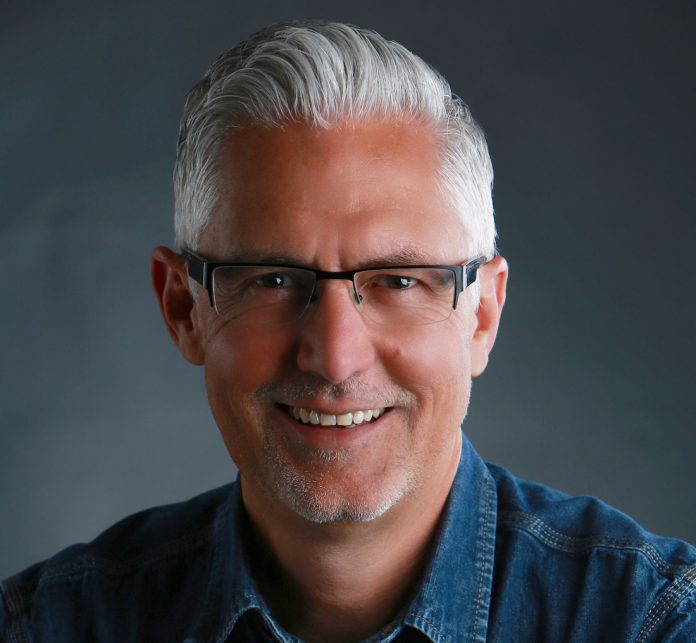Every year around this time, choirs perform Handel’s Messiah (including in my own congregation). What is it about a piece of music written 260 years ago that still captures hearts today––in fact, especially today, as we endure our long, strange journey through the pandemic and its associated pressures?
I think it’s because both the music and lyrics were born of real pain and offer real hope.
Here’s the amazing backstory.
For 30 years, George Handel is England’s foremost opera composer, the favorite of King George I. But then everything changes. The industrial revolution fosters a growing middle class that considers Handel’s operas old-fashioned. He falls out of favor and into debt. His health collapses, worsened by a stroke and rheumatism. He’s depressed. He can’t sleep. If things don’t change soon, Handel may end his years in a debtor’s prison (in those days, you could go to jail if you were in financial debt).
Then a letter arrives in the summer of 1740 from Handel’s eccentric friend Charles Jennens. He has become fascinated by biblical texts prophesying a Messiah, God’s chosen King, who will restore peace and justice to the whole planet, and fills his letter with hundreds of these Bible references. Handel is not very interested, so for 18 months, the letter sits on his desk gathering dust before he takes the time to read the verses himself. When he does, he is captivated.
Handel locks himself in his room, working feverishly nearly day and night, hardly eating or sleeping, writing music to the Scriptures. His assistant brings him hot chocolate every morning to find him crying as he works. His papers are marked with tears.
Incredibly, just 24 days later he emerges with the entire composition complete, tearfully telling his assistant, “I think I did see heaven open, and the very face of God.” Hearing The Messiah is like listening to the musical score of someone’s enlightenment or conversion––there is that sense of surprised, enraptured encounter with a transcendent yet tender God––because apparently, that is happening to Handel as he writes.
The world premiere is a benefit––not in wealthy London but in impoverished Dublin, Ireland, to raise funds for two hospitals and pay off the debts of the inmates at a debtor’s prison there. With the proceeds, the hospitals are able to purchase much-needed equipment and medicine, and 142 men are set free from the prison, all their debts paid!
The music is an immediate sensation, gilding Handel’s reputation. Yet he almost always insists the performances should benefit orphans or hospitals or other needy causes (In my observation as a pastor, that is exactly what happens to those truly encountering the grace of God: they overflow with grace for others).
All of Handel’s lyrics were ancient biblical texts also originating in times of deep darkness.
In 586 BCE, Jerusalem was destroyed by the Babylonian war machine, the Jewish people led in chains to Babylon. They may have hoped for a rapid resolution, but they were in captivity for 70 years. Hopelessness abounded.
They had great years behind them. They would have great years ahead. But at the moment they were living in a very bleak parenthesis, tired of waiting for God to set things right.
Then into their hopelessness came the promise:
“Comfort ye, comfort ye my people, saith your God.…” (Isaiah 40:1)
They were not forgotten. God still had a perfect plan. He will bring them back Jerusalem and, one day, send his Messiah.
“He shall feed his flock like a shepherd: he shall gather the lambs with his arm, and carry them close to his heart, and gently lead those that are with young.” (Isaiah 40:11)
But the Good Shepherd would arrive not as a warrior but a small child.
“For unto us a child is born, unto us a son is given: and the government shall be upon his shoulder: and his name shall be called Wonderful Counselor, The mighty God, The everlasting Father, The Prince of Peace. “ (Isaiah 9:6)
One day this Messiah will return and make all things right. All that is evil will be undone. All creation will exult in God’s love!
“And I heard the voice of a great multitude, thundering, ‘Halleluiah! for the Lord God omnipotent reigneth.’” (Revelation 19:6)
It can feel like we’re in a long parenthesis today. We all hoped the pandemic would subside in weeks, and here we are, nearly two years later. People are feeling hopeless. Tired. Living in our own Babylonian Captivity. As someone told me, “It just feels like we’re in some kind of permanent limbo.”
But to all living in this parenthesis the same promise is spoken:
“The people that walked in darkness have seen a great light.” (Isaiah 9:2)
This darkness will not last. God still has a plan. The best years are ahead.
As Handel did in his small room, you can encounter God’s comfort wherever you are. The experience goes beyond words. Maybe that’s why Handel’s soaring music captures the emotion best for many.
In your busy holiday season, follow Handel’s lead. Take some time to encounter The Messiah. The Wonderful Counselor is here, with you, right now, and can comfort and guide through the darkness.
René Schlaepfer is senior pastor of Twin Lakes Church in Aptos, www.tlc.org. His views are his own and not necessarily those of the Pajaronian.








